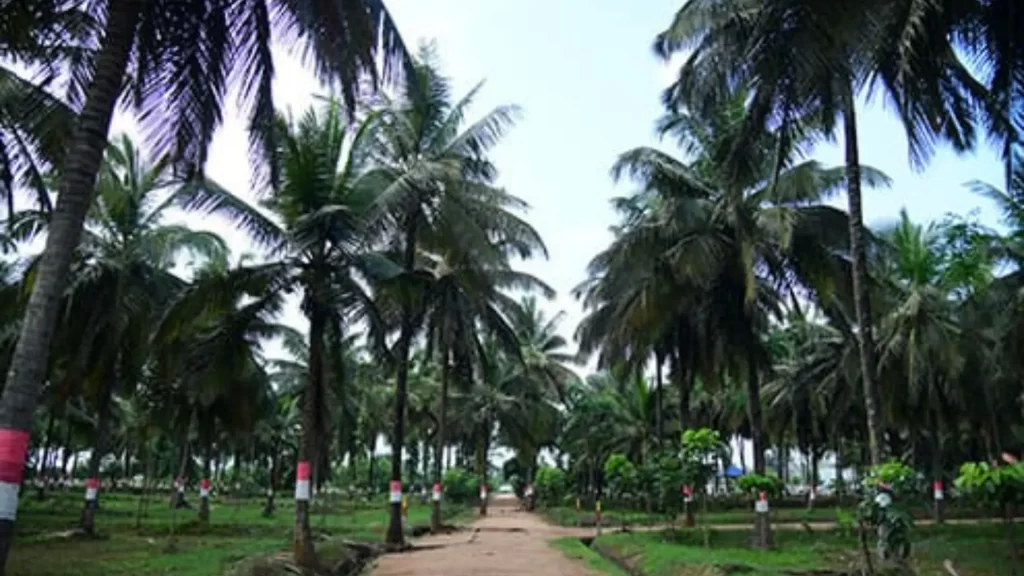Welcome to our blog post, where we delve into the enchanting world of Sandalwood cultivation. We will explore how this fragrant treasure is nurtured on the picturesque farms near Bangalore, uncovering the secrets behind its growth, extraction, and utilization. Join us as we embark on journey to understand the art and science of cultivating Sandalwood, an age-old practice that continues to captivate both nature lovers and entrepreneurs alike.
- The History and Significance of Sandalwood
- Ancient roots: Discover the historical significance of Sandalwood, dating back to ancient civilizations that revered its aromatic properties.
- Cultural importance: Uncover the cultural and religious significance of Sandalwood in various traditions and customs.
- Economic value: Explore the commercial value of Sandalwood and how it has become an important export commodity for India.
- The Ideal Conditions for Sandalwood Cultivation
- Climate and soil: Understand the specific climatic and soil conditions required for successful Sandalwood cultivation.
- Location selection: Learn about the strategic location choices made by farmers in and around Bangalore for optimal growth.
- Planting techniques: Discover the best practices for planting Sandalwood saplings, including prepping the soil and providing necessary support during early growth stages.
- Nurturing Sandalwood Saplings: Care and Maintenance
- Irrigation and watering: Gain insights into the watering requirements of Sandalwood plants and effective irrigation techniques.
- Pruning and thinning: Understand the importance of regular pruning and thinning for healthy growth and enhanced oil production.
- Pest and disease management: Learn about the common pests and diseases affecting Sandalwood plants and how to manage them organically.
- Harvesting and Extraction Processes
- Maturation period: Explore the timeline for Sandalwood trees to reach maturity and be ready for harvesting.
- Extraction techniques: Discover the various methods employed to extract the highly prized Sandalwood oil from the tree’s heartwood.
- Sustainable practices: Highlight the importance of sustainable harvesting and extraction practices to ensure the long-term survival of Sandalwood forests.
- Utilization and Benefits of Sandalwood
- Perfume industry: Learn about the significant role Sandalwood plays in the global perfume and fragrance industry.
- Medicinal properties: Uncover the therapeutic benefits and traditional medicinal uses of Sandalwood oil.
- Religious and spiritual applications: Explore the use of Sandalwood in religious ceremonies, meditation, and spiritual practices.
Conclusion:
Sandalwood cultivation continues to flourish on the fertile and managed farmland near Bangalore, nurturing nature’s fragrant treasure. As we conclude our exploration of this captivating process, we hope you have gained a deeper understanding of the art and science behind cultivating Sandalwood. Whether for its economic, cultural, or aromatic value, Sandalwood remains a cherished natural resource that symbolizes the harmonious relationship between human civilization and nature.


